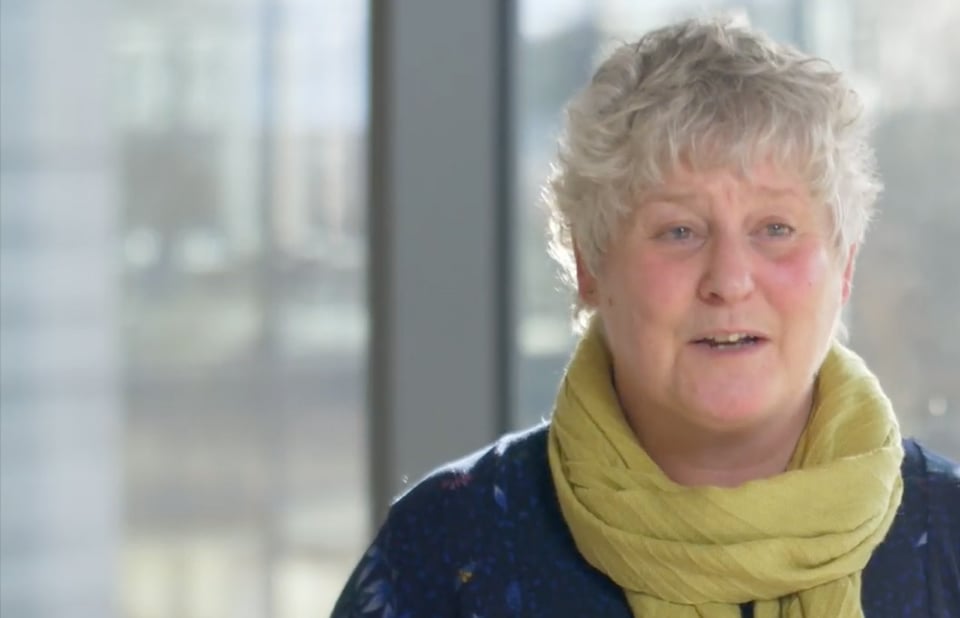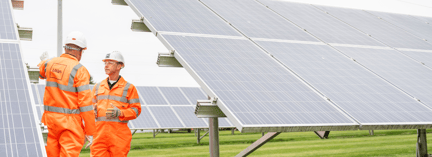With global energy demand estimated to rise by 50% by 2050, how we generate and use energy is increasingly driving the political and social agenda.
With global energy demand estimated to rise by 50% by 2050, how we generate and use energy is increasingly driving the political and social agenda.
As we celebrate the inaugural World Engineering Day for Sustainable Development on 4 March, LRQA will bring together a panel of industry experts to discuss the pathways to decarbonisation outlined in the Oil & Gas Authority (OGA) UKCS Energy Integration report.
Integrating the UK offshore energy sector, leveraging existing infrastructure and capabilities and forging closer links between oil and gas and offshore renewables will be vital to accelerate the energy transition.
Attractive investment opportunities are expected to come from connecting platforms direct to shore, connecting to offshore wind farms and tying into interconnectors.
Such work is already happening in Europe, where Neptune Energy will be participating in a pioneering pilot project to create the first offshore hydrogen plant in the Dutch sector of the North Sea and Equinor's Johan Sverdrup in the Central North Sea; if this can be replicated in the UKCS, the impact will be substantial.
LRQA has been committed to developing safe and sustainable oceans for more than 250 years and is deeply connected to the oil and gas and clean energy sectors. The company helps operators navigate the complex energy transition landscape, across areas such as low and zero-carbon power options, sustainable decommissioning and digital innovation.
LRQA's breadth of work in clean energy projects ranges from large-scale energy storage projects in Australia to platform electrification in Norway; it has supported more than 600 projects generating 34GW of renewable energy.
Tristan Chapman, Senior VP - Clean Energy at LRQA said: "Although political and social agendas are driving us to adopt renewable energy sources, we still face a growing demand for global energy and alternative sources are not yet able to fully supply this demand.
"The challenge is how can the oil and gas industry adapt? How can the balance be struck between oil and gas exploration, production, decarbonisation and renewable energy sources? And what role can the oil and gas industry play in contributing to decarbonisation of the energy system?
"This is an unprecedented time of transformation for our industry and collaboration between sectors and organisations is crucial. Our panel session is a great way to celebrate World Engineering Day for Sustainable Development, which provides an opportunity to celebrate the important contributions of engineers and engineering to sustainable development and modern life. The transferable skillset and new generations of engineers will be key to creating a more sustainable energy mix in decades to come."
How we reach an integrated energy future will be the subject of discussion at an event next week hosted by LRQA and the EIC, with speakers from the OGA, Repsol Sinopec and EDP Renewables.
'Driving towards a sustainable energy mix' takes place at Aberdeen's Chester Hotel on Wednesday, 4 March from 8.30 - 10.30am, and is free to attend. To book, please visit: https://www.the-eic.com/Events/EnergyTransition



